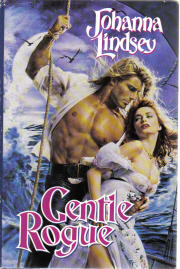I’d initially look to trees to explain wherein Chaucer lies in the timeline of progressive English textual development, and additionally search to find Chaucer’s lesser-known predecessors and potential influences. A corpus I could use to compute said question would be statistical graphs of the writers most commonly taught in the immediate 20 years preceding Chaucer’s publication. I’d additionally like to use distance reading and Principal Component Analysis to plot the variety of cultural references used in Chaucer’s poetry and use a map to see where lay the most heavily-concentrated areas of influence. Having a visual of cultural references, one could easily claim those that most readily influenced Chaucer and thereby conclude new claims about the hidden meanings and intricacies of his poetry.
these all look interesting . . perhaps the map might be the most approachable topic, e.g. how does Chaucer "map" his England? And, can you compare this "map" to other contemporary texts, documents, poems, etc.?




